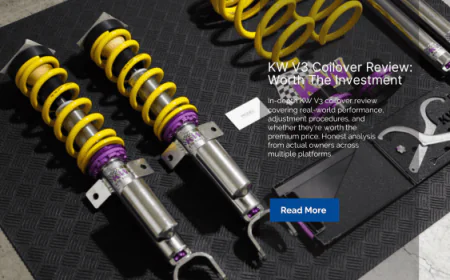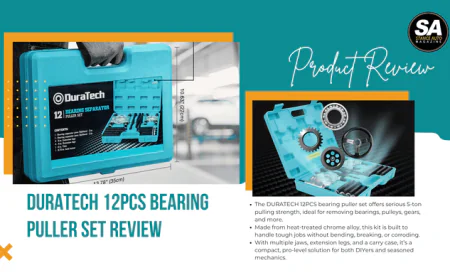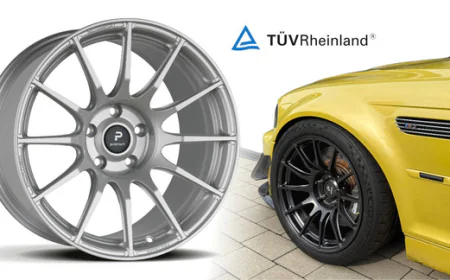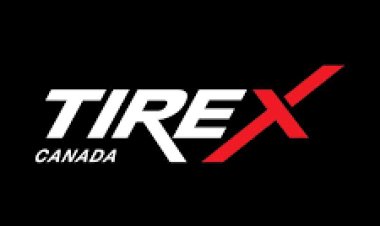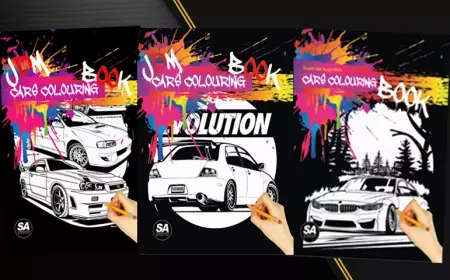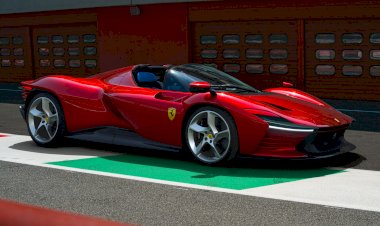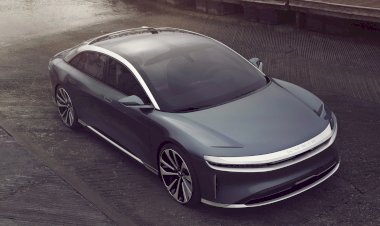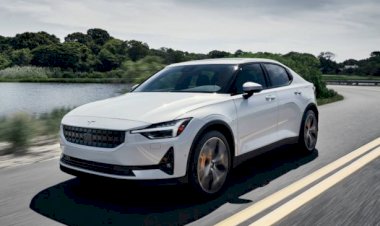New eco-petrol baffles a quarter of motorists
A new eco-friendly petrol is coming to British filling stations, but a quarter of drivers do not know whether their cars can run on it. Find out if your car is compatible with E10 petrol and what the benefits are.
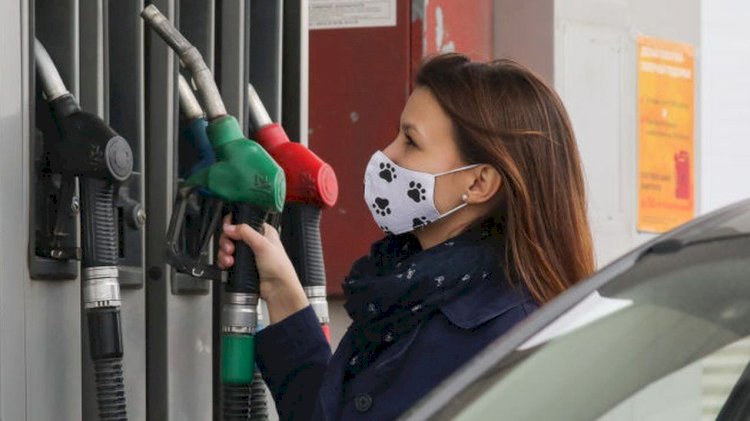
Join Our Stance Auto Mags Group, Give Our Facebook Page a Like, and Follow us on Instagram Check out our MERCH STORE
More images are in the slider above, These Photographs are supplied by the Named Photographer, check their Link for Bookings.
Order the Printed Magazine HERE!!
New eco-petrol baffles a quarter of motorists
A more eco-friendly petrol is coming to British filling stations this month, but a quarter of drivers do not know whether their cars can run on it, new research says.
The government intends to make E10 the new standard petrol grade. It contains less carbon than other motor fuels and more ethanol, a kind of alcohol manufactured from plants. But according to the RAC, 24% of motorists are unaware of it, while 27% do not know if their car is compatible. Current petrol grades in the UK - known as E5 - contain up to 5% ethanol, with the other 95% being regular unleaded petrol.
Their replacement, E10, will see this percentage increased to 10% - a proportion that would bring the UK in line with countries such as Belgium, Finland, France and Germany.
Introducing E10 could cut carbon emissions by 750,000 tonnes a year, says the Department for Transport, the equivalent of taking 350,000 cars off the road and an important step towards the government's climate change targets.
The new fuel is being rolled out everywhere in the UK except Northern Ireland, where it is not due to arrive until early 2022. Every petrol vehicle built after 2011 should accept E10. But it will not be compatible with some older vehicles - as many as 600,000 of those currently on UK roads, the RAC estimates.
The introduction of E10 fuel comes after the government announced new climate change commitments in a bid for the UK to cut carbon emissions by 78% by 2035.
Climate is the average weather in a place over many years. Climate change is a shift in those average conditions and the Earth is now in a period of rapid climate change, with global temperatures rising because of human activities, such as the burning of coal, oil and gas.
Reducing the impact of climate change and hitting carbon emissions targets will require more electric cars, low-carbon heating, renewable electricity and, for many, cutting down on meat and dairy products, scientists say.
What is climate change?
The government has set up a website where drivers can check whether their car will run on E10 fuel. But it warns it will not be liable for any damage to vehicles as a result of drivers using its checker - especially if their car has been fitted with replacement parts. The RAC said 26% of drivers surveyed had already checked online, with a further 15% saying they had found their car was compatible by other means.
Those with incompatible vehicles will have to use E5 super unleaded instead, which the RAC says can cost 12p a litre more than standard unleaded. According to its survey, 59% of drivers who know their cars are incompatible with E10 are worried about the higher cost of filling up, while 20% fear mistakenly filling their tanks with E10.
RAC head of policy Nicholas Lyes said E10 petrol had already started appearing on forecourts to replace the old E5 blend and the process would continue "at pace" in coming weeks. He said that while it would make no difference to "the vast majority" of petrol car drivers, a "sizeable minority" would be adversely affected.
"Drivers who will continue to rely on E5 will also need to make sure the filling station they're visiting stocks the fuel in the first place, or risk running out of fuel and having to call on their breakdown provider," he added.
"We'd also like to remind owners of classic cars that they need to be careful not to accidentally top up with E10 and then leave it sitting unused in the tank for long periods, something which can lead to expensive damaged plastics, metals and seals."
In another development, oil giant Shell announced on Wednesday it was aiming to install 50,000 charging points on Britain's streets by 2025, as part of a government-backed push to increase electric vehicle numbers and reduce carbon emissions to net-zero by 2050. Shell will roll out the charging points through on-street charging point company Ubitricity, which it acquired in February.
The government has estimated that the UK will need between 280,000 and 480,000 charging points by 2030, the year it plans to ban the sale of new petrol and diesel cars. Shell said it would support local authorities financially to install more on-street chargers in towns and cities.
David Bunch, Shell's UK country chairman, said: "It's vital to speed up the pace of EV charger installation across the UK and this aim and financing offer is designed to help achieve that.
"Whether at home, at work or on the go, we want to give drivers across the UK accessible EV charging options, so that more drivers can switch to electric."
Shell currently has 60,000 charging points globally but plans to increase that number to 500,000 by 2025 and to 2.5 million by 2030.
Check out our Google News give us a Follow
What do you think? leave your comments in the comments section at the bottom of the page.
All of our Magazine can be found on Amazon, they Print and Deliver it, Stance Auto can not be held responsible for the final print, all complaints and returns must be directed to Amazon.
UKTM no: UK00003572459
 Like
0
Like
0
 Dislike
0
Dislike
0
 Love
0
Love
0
 Funny
0
Funny
0
 Angry
0
Angry
0
 Sad
0
Sad
0
 Wow
0
Wow
0


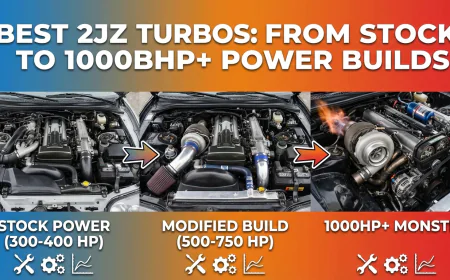







































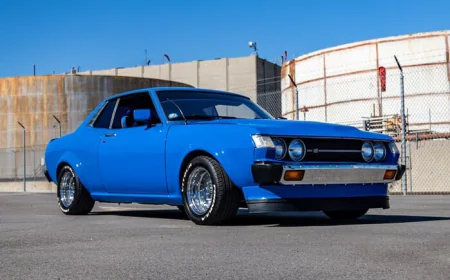


















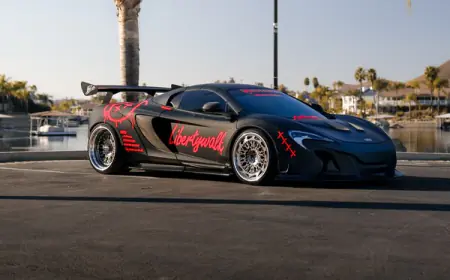



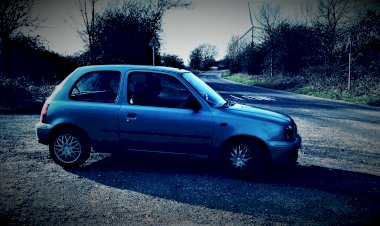

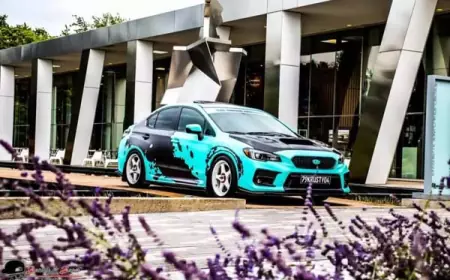












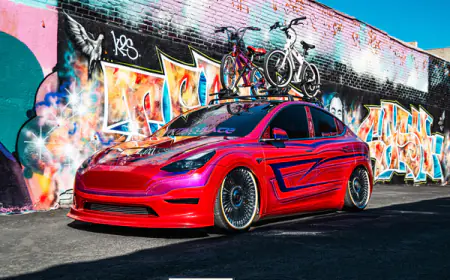


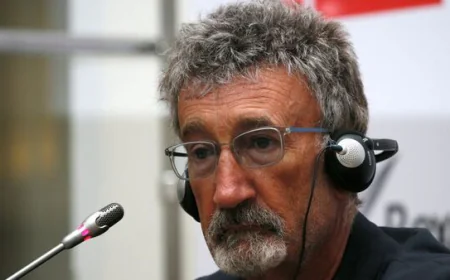
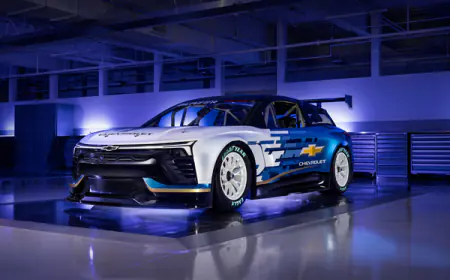




.png)
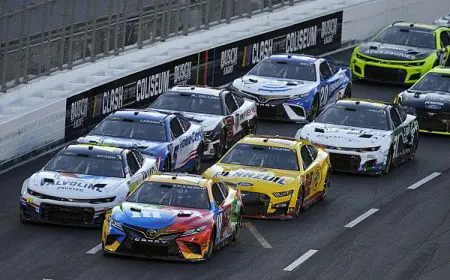



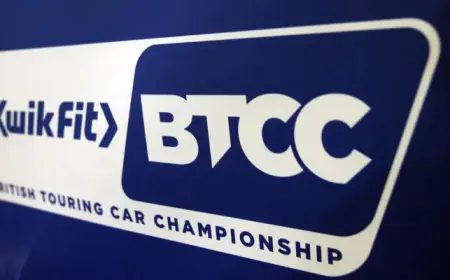







![[HOONIGAN] Ken Block's GYMKHANA NINE](https://img.youtube.com/vi/_bkX5VkZg8U/maxresdefault.jpg)























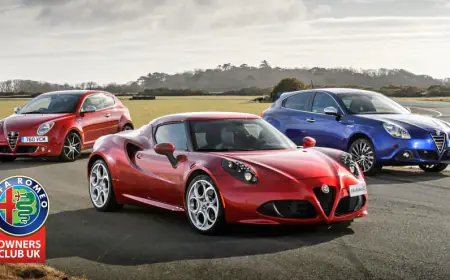











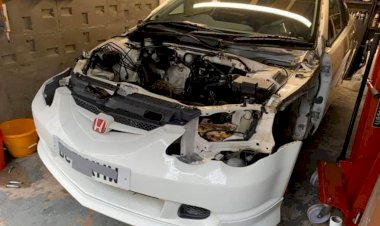










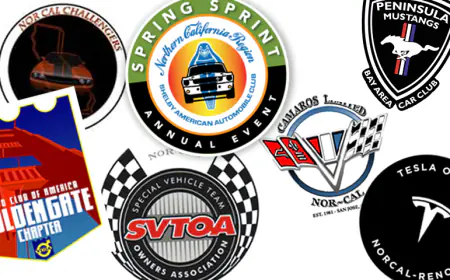










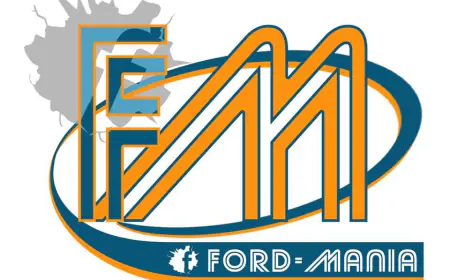




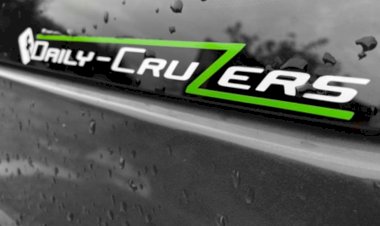


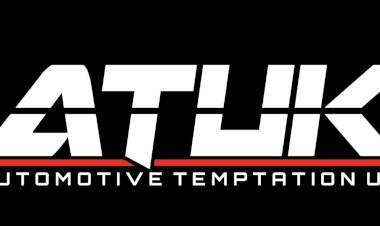
















![[HOONIGAN] KEN BLOCK'S GYMKHANA SEVEN: WILD IN THE STREETS OF LOS ANGELES](https://cdn.motor1.com/images/mgl/2KlO4/s1/ken-block-london-tour-directors-cut.jpg)








